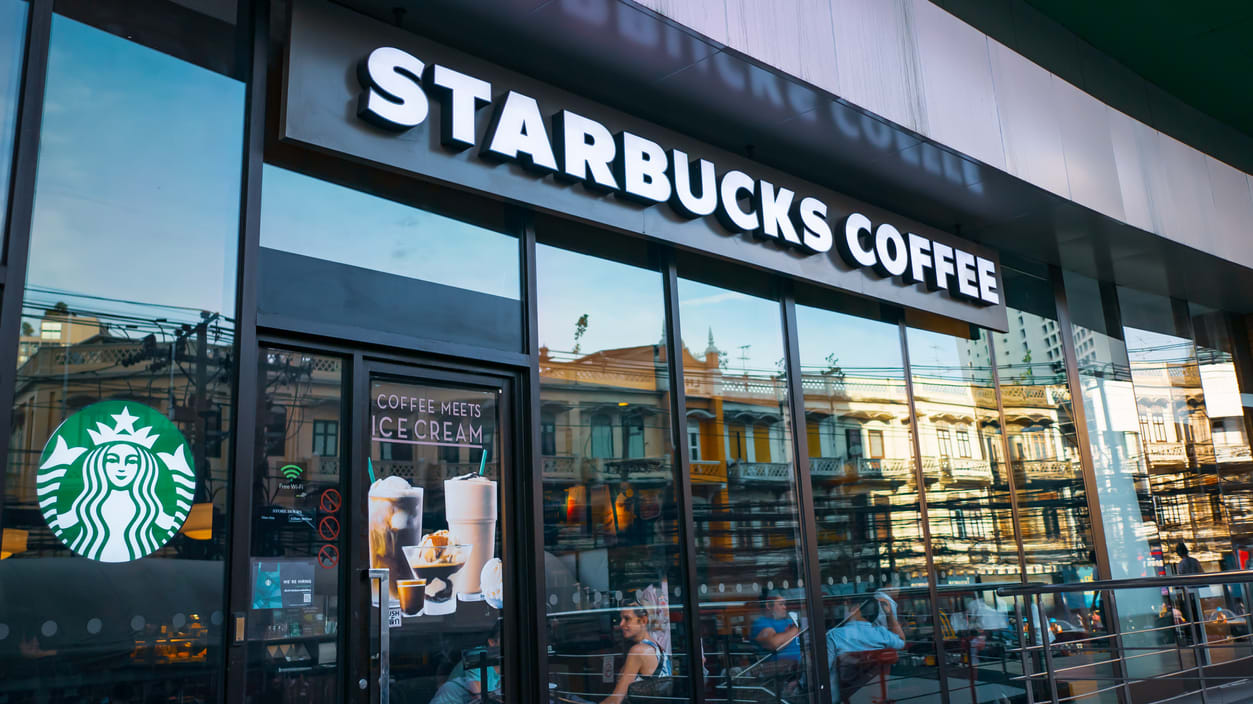A second Starbucks store in the U.S. became unionized, the National Labor Relations Board recently announced, and organizing efforts at other stores are surfacing. We've gathered articles on the news from SHRM Online and other media outlets.
First Store to Unionize
The first Starbucks store to unionize was in Buffalo, N.Y., this past December. Managers and business consultants are reporting an uptick in labor organizing during the COVID-19 pandemic, a byproduct of increased workplace frustrations and a political climate that is tilting in favor of unions. For managers, an uptick in unionization means they need to be more vigilant and aware of dissatisfaction among their workers, according to workplace experts.
Second Unionized Store
The second unionized store also was in Buffalo. Establishing a second unionized store in the same market could provide a significant boost to the union, Starbucks Workers United, which is an affiliate of the Service Employees International Union. Workers at several other Starbucks stores throughout the country have filed for union elections, including in Boston, Chicago, Seattle and Knoxville, Tenn. Starbucks has 10 business days to request an appeal of the unionization decision announced Jan. 10.
Company Statement
"Our position hasn't changed: Starbucks' success—past, present and future—is built on how we partner together, always with our mission and values at our core," a company spokesperson said. "From the beginning, we've been clear in our belief that we are better together as partners, without a union between us at Starbucks, and that conviction has not changed."
Unionization Drive in Chicago
Workers calling for the unionization of a Chicago Starbucks are seeking better wages and benefits, improved scheduling, and more security, plus a request not to move up the store's scheduled remodel, which would require the store to close temporarily. The employees filed for union recognition with Workers United.
Holding Starbucks Accountable to Its Reputation
Starbucks has a reputation for treating workers better than similar companies. It offers health benefits and company stock and is raising wages, so workers average $17 an hour. Workers want to unionize partly to hold Starbucks accountable to that reputation, said Kate Gammons-Nardi, a shift supervisor at a Cleveland Starbucks store.
But workers are also dealing with high turnover, coronavirus infections among workers and pay disparities, she said.
Was this resource helpful?




